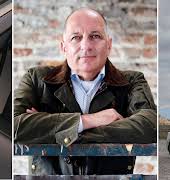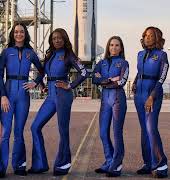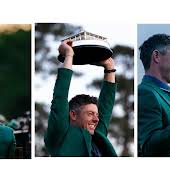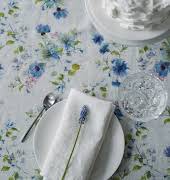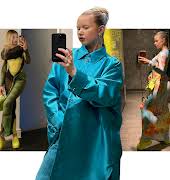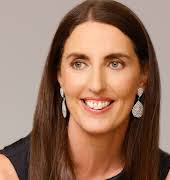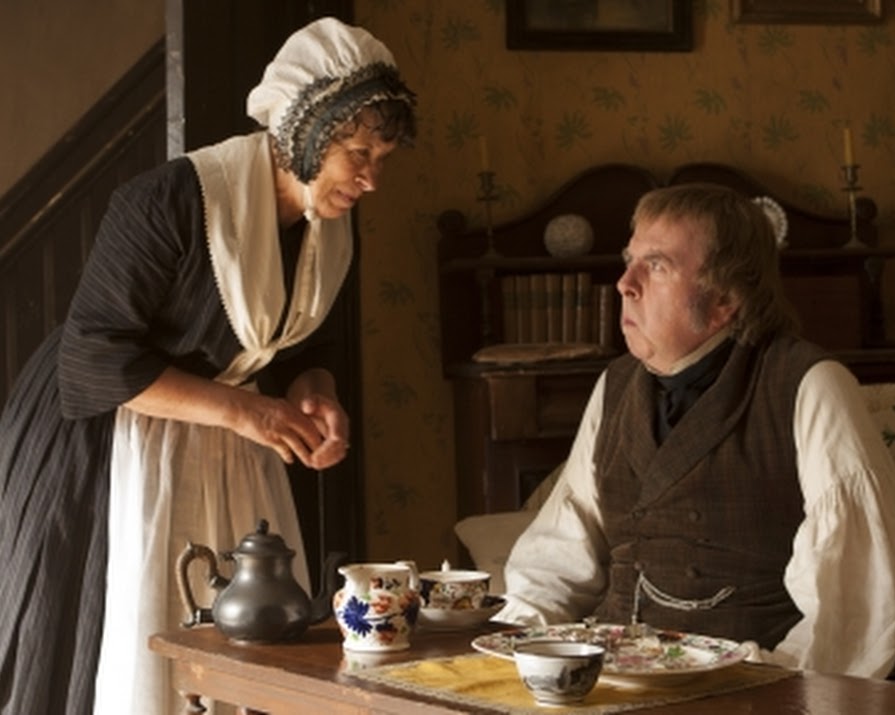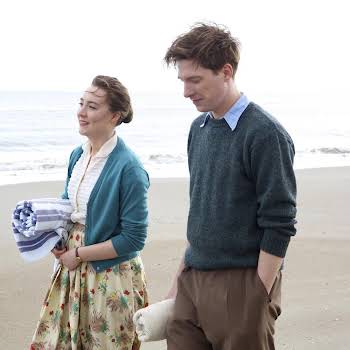
By Jeanne Sutton
01st Nov 2014
01st Nov 2014
marion bailey in mr. turner
The Timothy Spall-starring and Mike Leigh-directed Mr. Turner is this year’s Oscars buzz movie. The biopic has been doing the festival circuit for the past few months with Spall walking away with the best actor prize at this year’s Cannes. It is a stunning movie, but a difficult one. JMW Turner was arguably one of the best artists of the Victoiran era, his land and seascapes closer to what we see in galleries now than what hung in manors during the 19th century. He was also a working class man of vision who saw his career fade towards the end of his life and was known for his gruff manner – a sharp contrast to his stunning output. In his personal life, he was an incredibly flawed individual, ignoring his wife and children while having a sterile affair with his housekeeper. Leigh’s movie is an unusual biopic, spurning Turner’s early years to reflect instead upon his approaching middle age and final years, where he settled down in semi-obscurity with a innkeeper widow, Mrs. Booth. She’s played by long-time Leigh collaborator Marion Bailey, who was a stranger to his London circles. We caught up with Bailey, and her plummy London accent, in the Merrion Hotel to ask her about the role and her career.
When did you realise you wanted to be an actress?
I always secretly quite fancied it from as early as I can remember from watching musicals mainly on television in the afternoon. I was a little girl in the 1950s and we used to have Fred Astaire and Ginger Rogers’ films on a Sunday afternoon and I thought ‘That looks like something I’d like to do’. Then, much later on when I was at school I discovered I was alright at it. But I didn’t tell anyone, not until I left school at 18 and applied to?University?and got a?place to read English.?I withdrew from going to university as soon as I left school, because I didn’t want to do it really.?I then?wrote to Guildhall School of Music and Drama, because I learned to play the piano through there and they were the only ones I knew about. I didn’t dare apply to RADA! I then just got into drama school at my first attempt. It was extraordinary.
Your movies haven’t been very Fred Astaire-y..
No! (laughs) I did do a few musicals!
You’re a theatre, film, and television actress – do you approach each medium differently when preparing?
They require different techniques, but acting is acting is acting, really. So fundamentally, no, because you’re finding a character and taking part in telling a story.

Mrs. Booth in the movie is a sort of invisible character. Are there any women from history that you’ve read about or come across that you’d love to see filmmakers do a biopic of?
Too many to mention because these characters, both male and female, always fascinate me – the support networks around people and the partners of people. You could take the partner of anyone and it would be an interesting story to consider what they went through, whether it was a famous politician, or an artist or scientist. I think those untold stories, of ordinary people are profoundly fascinating, and the sacrifices they make to support a loved one – in the case of Turner who driven by his own demon, which was art, everybody else had to serve his art.
Your character is so nice and lovely, and Turner is a bit… he’s not exactly the easiest person. Why do you think she fell for him?
He was a complex person. At the beginning there’s the little conversation when they’re in the kitchen and talking about the slave trade – she spotted a sensitive human being. Tt was only when he was with people he thought were fools that he was gruff and horrible. He was reported as being very acerbic. He could just grunt at people. But he must, from his writing and as well as from his work, have had a profound sensitivity, and I think she could see that. He just didn’t bother with the social niceties, for whatever reasons. Maybe it’s because he found them false. He was a working class London boy who was mixing with the upper echelons of society. He was a complex mixture.
Mary Somerville (Lesley Manville in the movie) was one of the great scientists of her age – he absolutely related to her as an equal and was fascinated by and admired and respected her, so I think he had very fine sensibilities, but he didn’t bother too much with the social niceties.

Preparing?for a Mike Leigh role requires loads of research and this was a historical piece – what was the most fascinating thing you discovered?
I came across these letters that someone had written, who had a Margate childhood at the time she was living there with Turner. The detail in them was just fantastic. he described the games children would play with hoops on the beach – right in front of her house in Cold Harbour. That brought the whole thing alive to me. And learning about the bathing huts and all the sexual shenanigans. They used to have a boat on the Saturday called ‘the husband’s boat’ and all these guys would come off the boat. The women would stay down there for the summer and all these illicit relationships would be going on. The Georgian era was far freer and more radical that the Victorian era which followed, which was much more repressive, especially for women. A lot of women in Georgian times were starting to educate themselves – there was a radical flavour in the air, it got crushed a bit later on with Victorian morals.
As an actor you work closely with Mike Leigh to develop the character – what happens if you disagree about a character?
You compromise. It is very rare you disagree. Mike asks the question “If this happens to her, what will her response be?” He’s very intelligent and intuitive, so he will accept what you say, unless what you’re saying is such perverse nonsense then he’ll get irritated. Generally, if you’ve done your homework properly, you’re in agreement. You have to be a little bit flexible.
Follow Jeanne Sutton on Twitter @jeannedesutun


